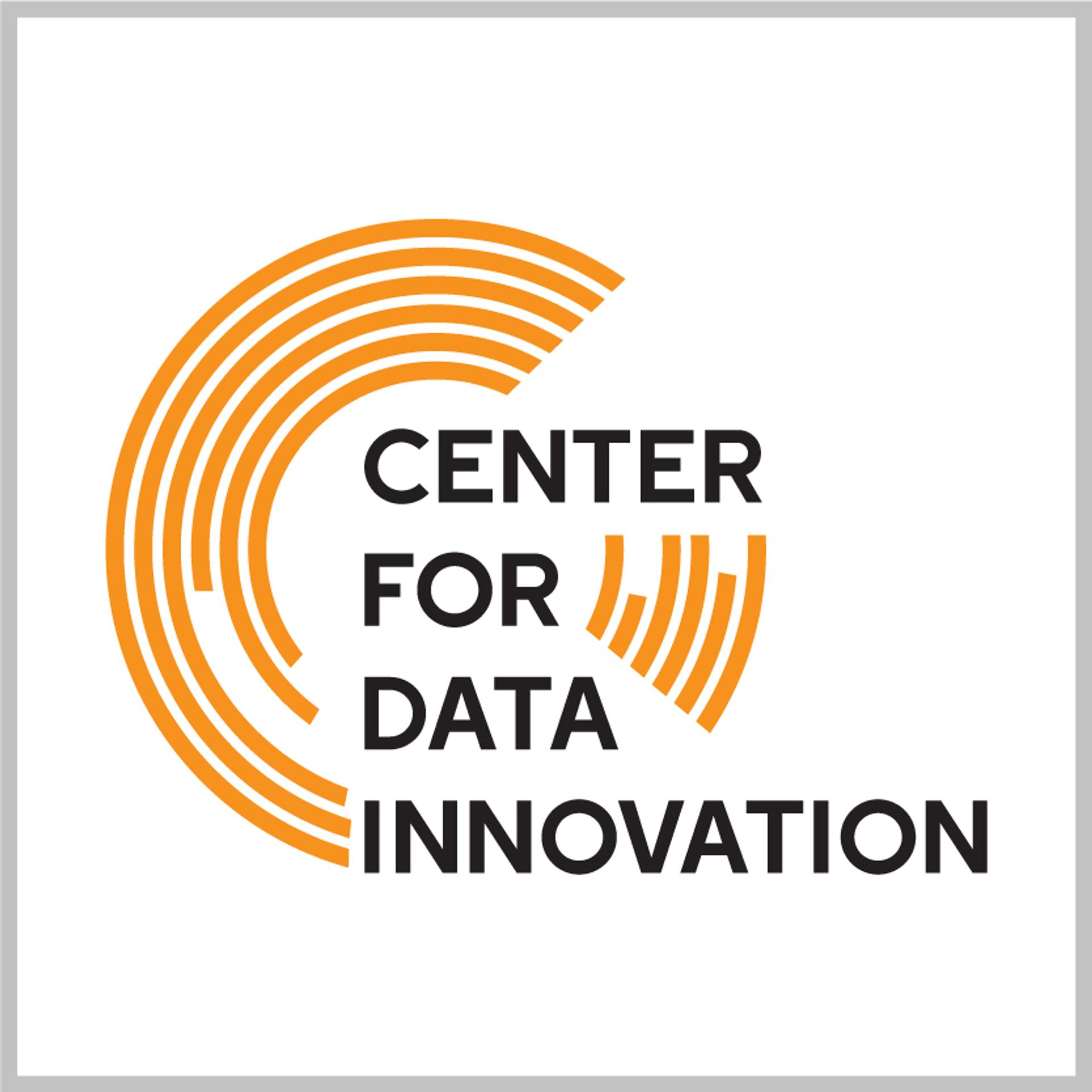Exploring Data-Sharing Models to Maximize Benefits From Data
Data-driven innovation has the potential to be a massive force for progress. Data sharing enables organizations to increase the utility and value of the data they control and gain access to additional data controlled by others.
Individuals and organizations use data to make better decisions and obtain better insights, leading to benefits in a broad range of areas. But to use data to its fullest potential, individuals and organizations need to be able to combine, augment, and analyze information from different sources. In the private sector, data sharing enables businesses to innovate with partners, such as tackling common challenges and providing better experiences to consumers. In the public sector, it enables government agencies to build on information collected by other organizations to make better decisions, offer personalized services, engage in evidence-based policymaking, and glean new insights. And among academics and nonprofit organizations, data sharing advances scientific breakthroughs and enables data for social good.
But attaining these benefits requires enabling data sharing to its fullest potential so that those who can use data productively have access to it. Unlike most resources, such as land or oil, data is nonrivalrous, meaning the supply of data is not reduced when others use it. Data can be used multiple times and in multiple ways by various entities without being depleted. While many organizations in the United States share data in certain instances, many of these initiatives are ad hoc, and there are few best practices for sharing data. If policymakers want the United States to have a robust AI and data-driven society, they need to take steps to boost data sharing.
This report offers a step in that direction by evaluating the benefits and drawbacks of six different data-sharing models and offers recommendations on how policymakers can implement or expand the use of certain models. Given that different models serve different needs, policymakers do not need to pick a one-size-fits-all solution, but rather should facilitate the adoption of multiple data-sharing mechanisms in their pursuit of a data-driven society.
Editors’ Recommendations
November 4, 2013


